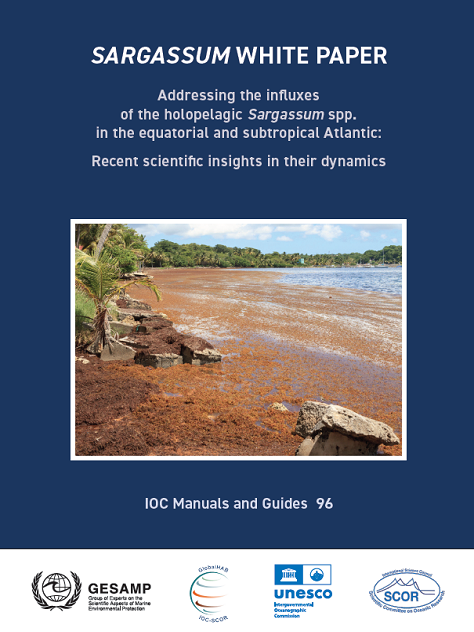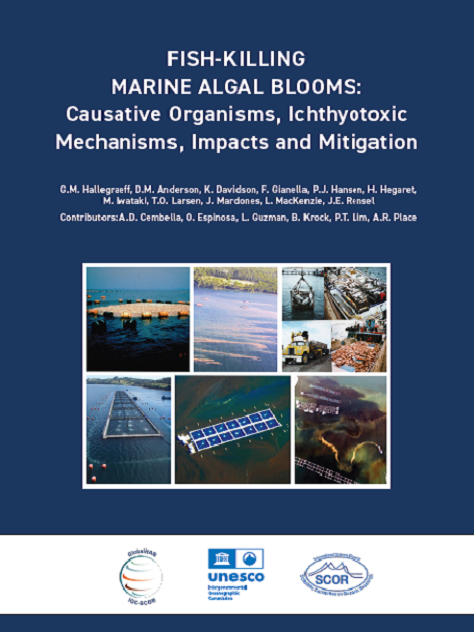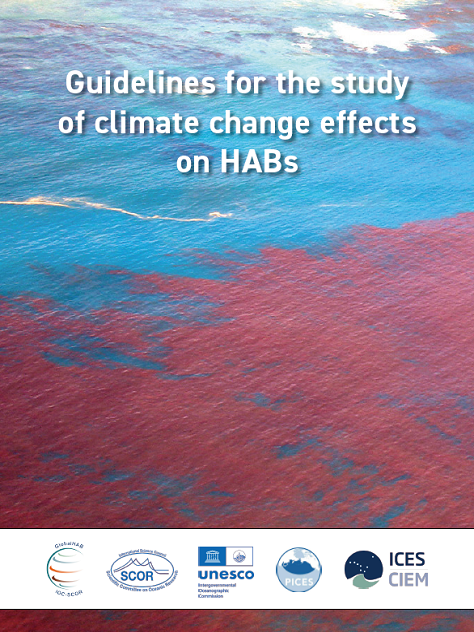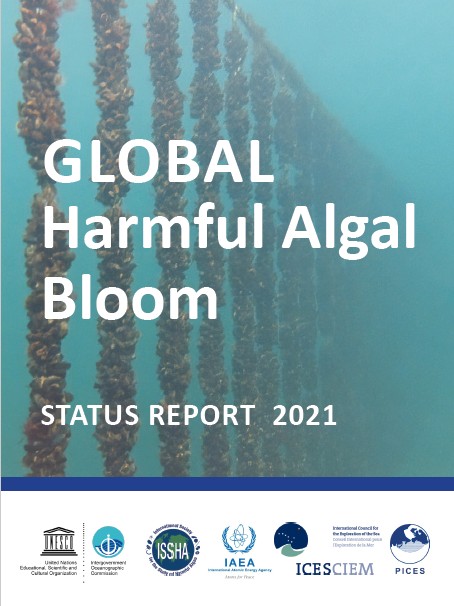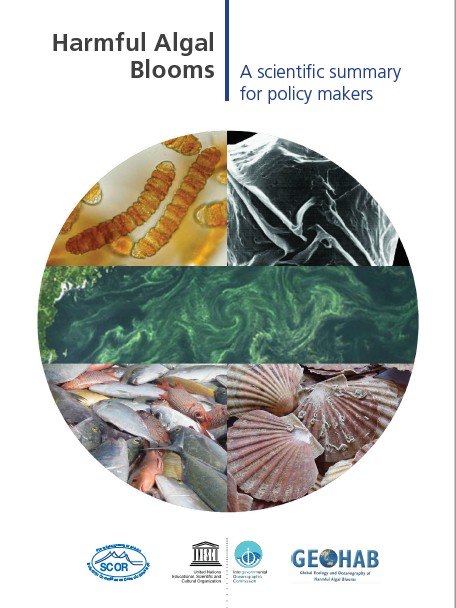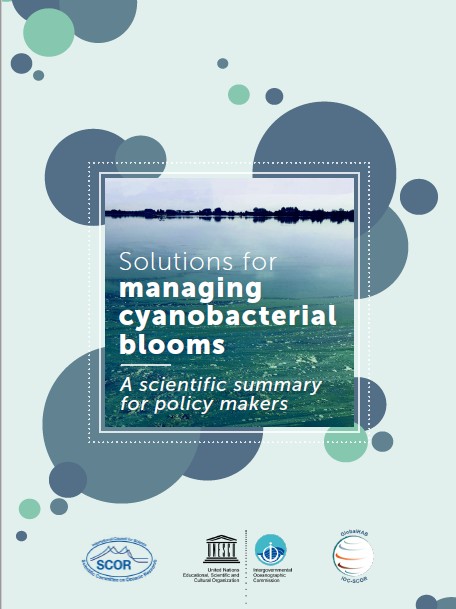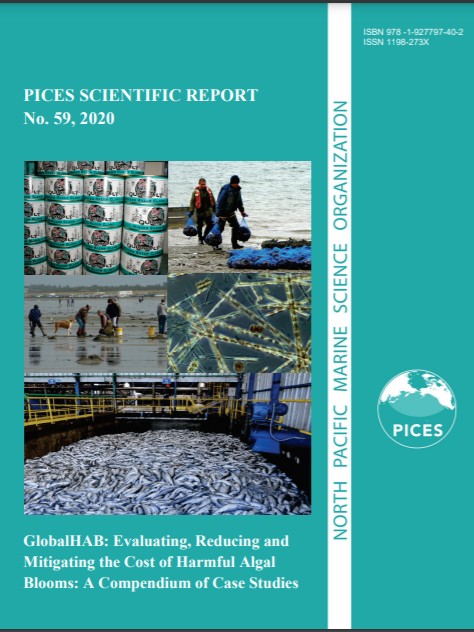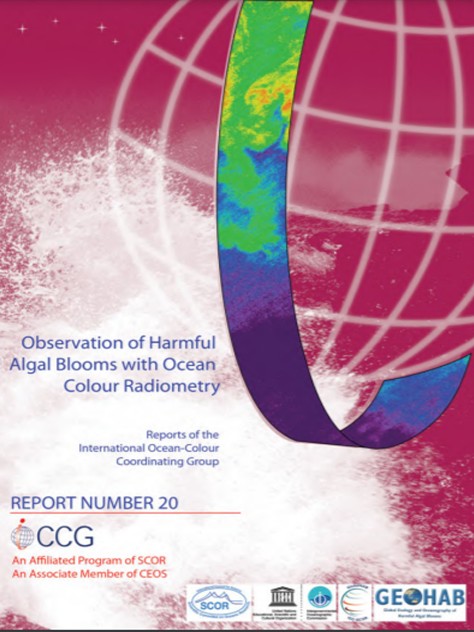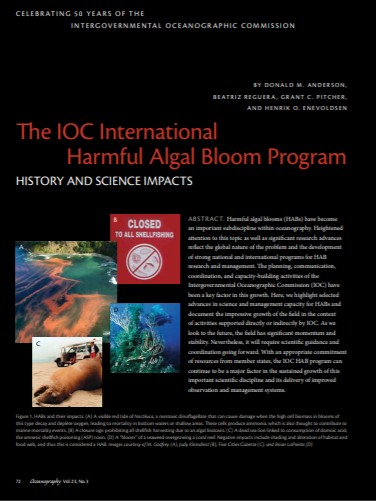
IOC HAB PROGRAMME
Every coastal country in the world is potentially affected by harmful blooms of microscopic algae, also called phytoplankton. These blooms can kill marine life and even cause death in humans. The Harmful Algal Bloom (HAB) Programme of the IOC help Member States develop the research and management capacity needed to understand the causes of these blooms, predict their occurrences, and mitigate their effects. IOC provides training and capacity development in species identification, toxicity testing, and monitoring and management strategies.
HIGHLIGHTS
The Harmful Algal Information System and Global HAB Status Report
The Harmful Algal Information System, HAIS, consist of access to information on current use of taxonomic names of harmful algae, on harmful algal events, on information on biogeography of harmful algal species, a HAB expert directory and during 2021 of a database on algal toxins. The HAIS provides the basis for the Global HAB Status Report launched on 8 June 2021.
The Seventeenth Session of the IOC-FAO Intergovernmental Panel on Harmful Algal Blooms (IPHAB-XVII) will be held on 18-20 March 2025 at UNESCO Headquarters in Paris.
GlobalHAB Guidelines for the study of climate change effects on HABs
HAB science today is founded on studies dealing with a great diversity of topics and harmful organisms, using a variety of continuously evolving experimental methods and approaches. The major aim of these GlobalHAB guidelines cosponsored by SCOR, IOC UNESCO, PICES and...
EVENTS
- IOC Identification Qualification in Harmful Marine Microalgae 2025 (Registration open until 15 June 2025)
- OCHABs-IOC Science and Communication Centre on Harmful Algae International Phytoplankton Intercomparison (IPI) test 2024 (Registration Closed)
- International Workshop on Solutions to Control HABs in Marine and Estuarine Waters
The Global HAB Status Report (GHSR) for the first time compiled an overview of Harmful Algal Bloom events and their societal impacts. Here is the synthesis of this unprecedented seven-year study.

